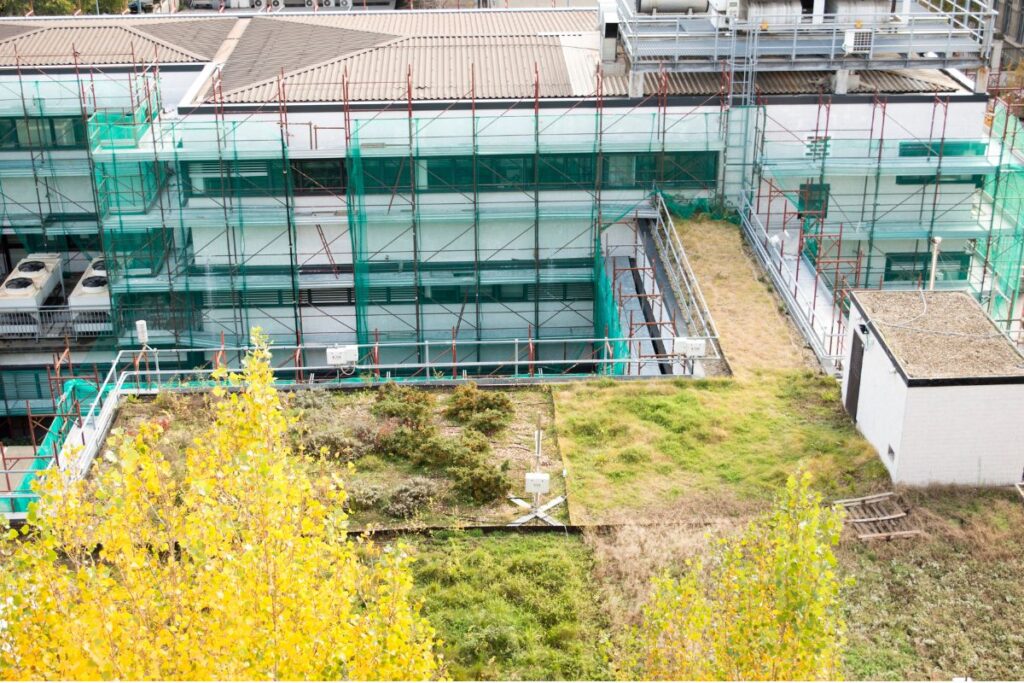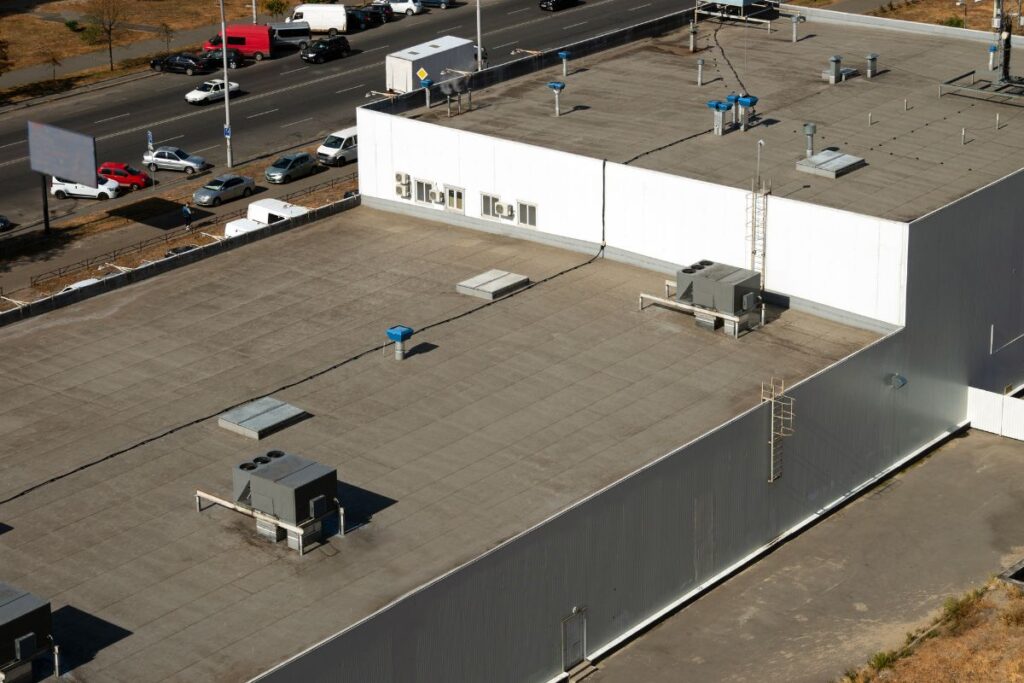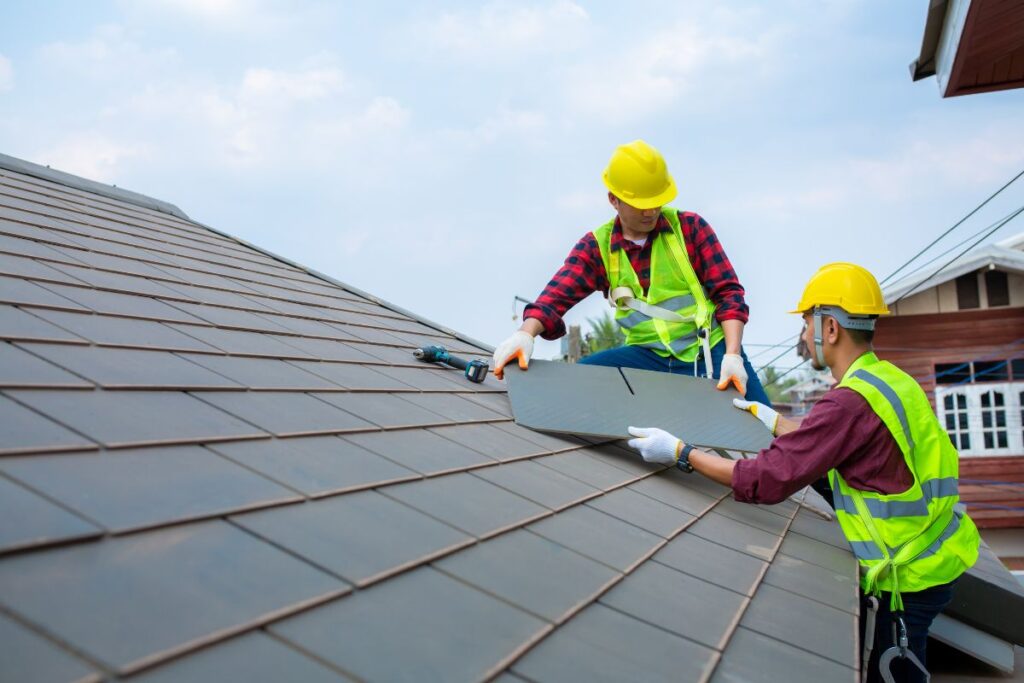Understanding commercial roofing warranties is crucial for every business owner. Roofing warranties protect your investment, ensuring that if anything goes wrong with your roof within a specific timeframe, the costs for repair or replacement are covered. Here’s a guide to help you navigate the intricacies of commercial roofing warranties:
- Know the Types of Warranties
There are two primary types of warranties for commercial roofs:
Manufacturer’s Warranty: This covers defects in the roofing materials. If the roofing system fails due to a manufacturing defect, the manufacturer will bear the cost of materials, and sometimes labor, to rectify the problem.
Workmanship Warranty: Offered by the contractor, it covers errors in installation. If your roof fails due to improper installation, the contractor will handle the necessary repairs.
- Understand What’s Covered
Warranties vary significantly on what they cover. Some only cover materials, while others may cover labor and disposal costs. Ensure you know what’s covered before making a decision. Also, be aware that most warranties don’t cover damage due to neglect, poor maintenance, or acts of God such as storms and hurricanes.
- Duration of the Warranty
The length of a warranty can range anywhere from five years to a lifetime, depending on the roofing material and the manufacturer. It’s essential to know the duration of your warranty, as this can influence your maintenance schedules and budgeting for potential future roof work.
- Transferability
If you’re planning to sell your commercial property in the future, having a transferable warranty can be a valuable selling point. Not all warranties are transferable, so this is something you should confirm before finalizing the roofing system.
- Warranty Limitations and Exclusions
Every warranty has limitations and exclusions. For instance, it may not cover certain types of damage, like punctures from traffic on the roof or damages due to improper repairs. Make sure you’re fully aware of these exclusions to avoid surprises down the line.
- Regular Maintenance Requirement
Many warranties require that the owner perform regular maintenance on the roof. Neglecting these maintenance requirements could void your warranty. Be clear about these requirements from the outset.
- Claim Process
Understand the claim process before you need to use it. Know who to contact, what documentation you’ll need, and how the process works.
Navigating commercial roofing warranties can be complex, but it’s a critical aspect of your roofing investment. By understanding these points, you’ll be better equipped to make an informed decision when choosing a roofing system and warranty for your commercial property. Always consult with your roofing contractor and ask questions if anything is unclear.


